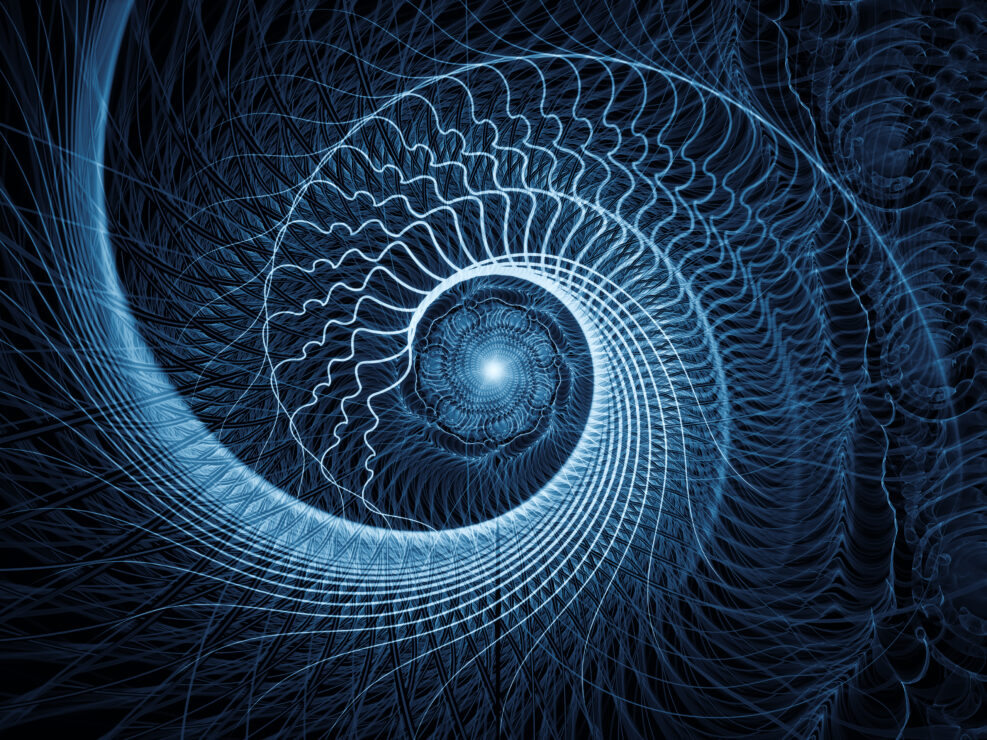
Bruce Gordon On Idealism and the Nature of Reality (Part I)
What is the fundamental nature of reality? Is reality more like a mind, or more like a physical object? What is panpsychism? Tune in to this week’s podcast to hear guest host Michael Egnor interview Dr. Bruce Gordon on idealism. Gordon explores different varieties of idealism, the insights of past philosophers, and the theories of contemporary thinkers. Show Notes Additional Read More ›






